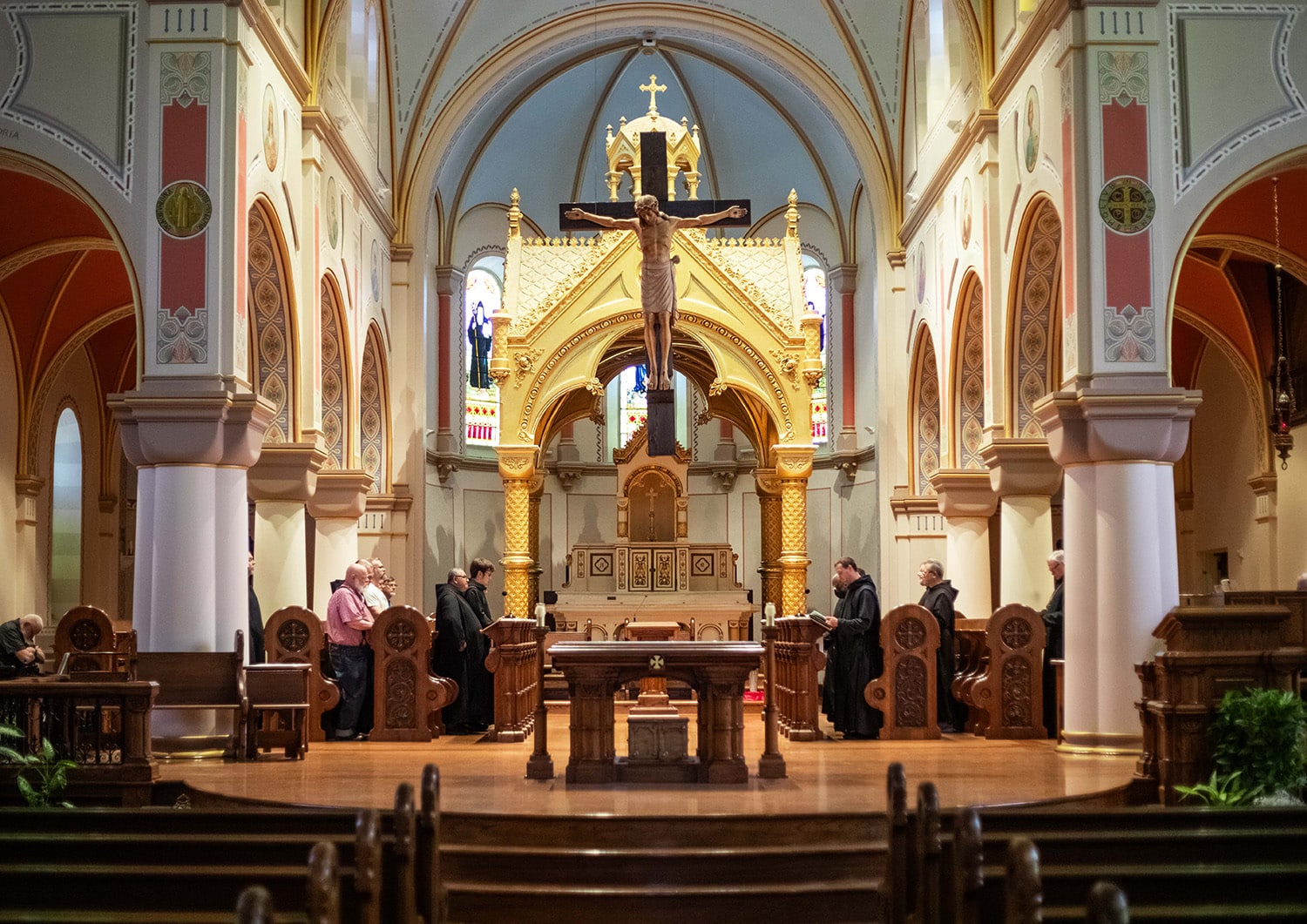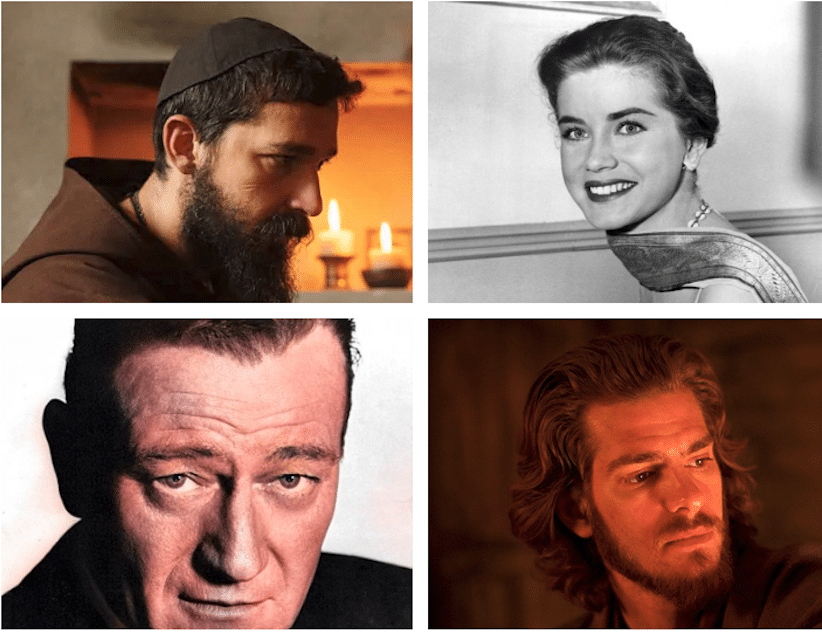A medical doctor and a gifted poet– he would eventually become England’s poet laureate — Robert Bridges had given his college friend Gerard Manley Hopkins the impression that he was an atheist, inviting a response. Hopkins, by 1879 a Jesuit and two years a priest, was also a poet, and a great one, though not known to the literary world.
Famous for her book “Mysticism,” published in 1911, the Anglican mystic Evelyn Underhill had a genteel, spiritual, disincarnate religion, not decisively Christian. Over 40, and knowing she needed more, she went to the Catholic scholar and theologian Friedrich von Hügel for spiritual direction. He guided her from 1921 till his death in 1925.
Both Hopkins and Hügel gave their friends the same instruction. If they wanted to know God, they needed to care for the poor to a sacrificial degree.
Hopkins’ suggestion
Hopkins tells Bridges that he wants to see him a Catholic or at least a believer in God and knows that Bridges thinks the decision depends on his own thinking. He’d once suggested prayer but now has a different suggestion.
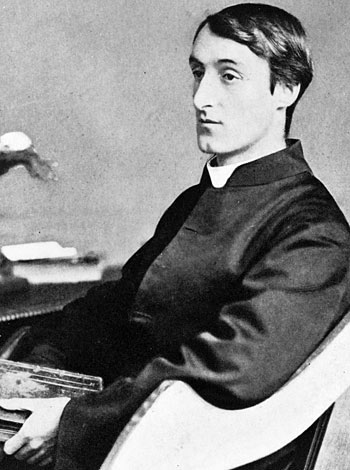
“I lay great stress on it. It is to give alms. It may be either in money or in other shapes. I daresay indeed you do give alms, still I should say give more … give, up to the point of sensible inconvenience.” Bridges was a doctor at a charity hospital serving the poor, but Hopkins didn’t seem to think that enough.
Giving alms, especially “being pinched by his own charity,” Hopkins writes, “changes the whole man, if anything can; not his mind only but the will and everything.” No matter how far a man is from belief, “still the question to be asked would be … what good have you done?”
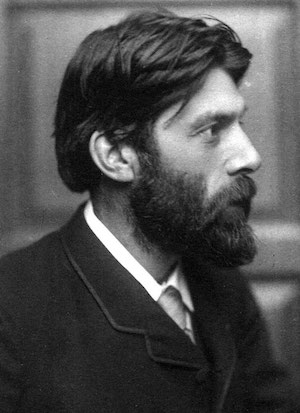
Bridges wrote three letters objecting to this counsel. Hopkins explained that he thought arguing with him or asking him to pray would not work. Getting him to give alms might work, and not just to change his mind. Scripture teaches “that they resist sins and that they redeem sins and that they will not let the soul go out into darkness.”
Hügel’s counsel
“I believe you ought to get yourself, gently and gradually, interested in the poor,” Hügel told Underhill. She should visit them, “very quietly and unostentatiously,” doing it on her own and not the official groups called “visiting societies.”
He saw, I think, that she thought too much, in the sense of playing with ideas, something one can do forever without coming to any decision about them. “You badly want de-intellectualizing or at least developing homely human sense and spirit dispositions and activities,” he told her.
As one of her biographers wrote, he “tried to draw her quietly away from that inverse form of pride that beats its breast at its own cowardly impotence, its spiritual misery, at its own weakness, and into a consciousness that with the focus on God and Christ and their redemptive action, the self is really transformed.”
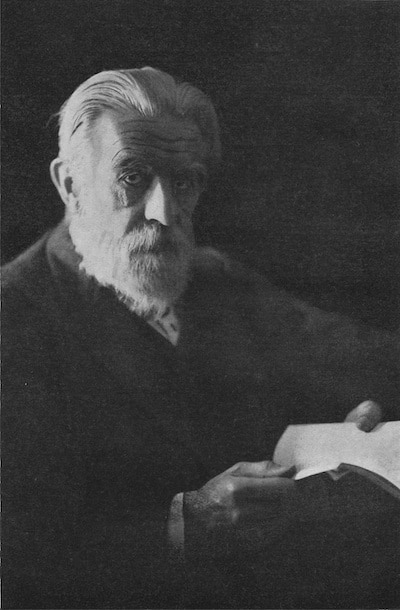
Visiting the poor, Hügel said, “will, if properly entered into and persevered with, discipline, mortify, deepen and quiet you. It will, as it were, distribute your blood — some of your blood — away from your brain, where too much is lodged at present.”
This might lead her to religion, he explained, and if it does it will show her “how homely, how much of sense as well as spirit it has and had to be. Again, how excellent for you! For what is a religion which cannot mean anything to the uneducated poor?” He told her to go twice a week.

He liked to tell people to drop duties and habits that didn’t help them. “Develop a general, gradually increasing habit of dropping all voluntary self-absorption during the day and gently turn to God in Christ” and by “a quiet turning to God and Christ and the poor … you will grow in peace and power.”
Their influences
Neither Bridges nor Underhill made their way to the Catholic Church, but both eventually became orthodox Anglican Christians of note, Bridges as a poet and hymn writer, Underhill as a spiritual guide.
It’s not clear that Hopkins had much influence on Bridges. I don’t think that without Hügel Underhill would have written “Mystery of Sacrifice” and “School of Charity,” lovely meditations on the liturgy and the Creed, “religious” as both are. I’m not sure how much a Catholic would get out of her other works, given all the spiritual guides we have, but she brought to Anglicanism something it didn’t really have.
Hopkins’ and Hügel’s advice would be good advice to give someone looking for God, if you know them well enough to suggest it. It’s also good advice for any of us whose blood is lodged too much in our brains.




